AeroGenie — Il tuo copilota intelligente.
Tendenze
Categories
Airbus needs to deliver 300 more aircraft to hit annual goal
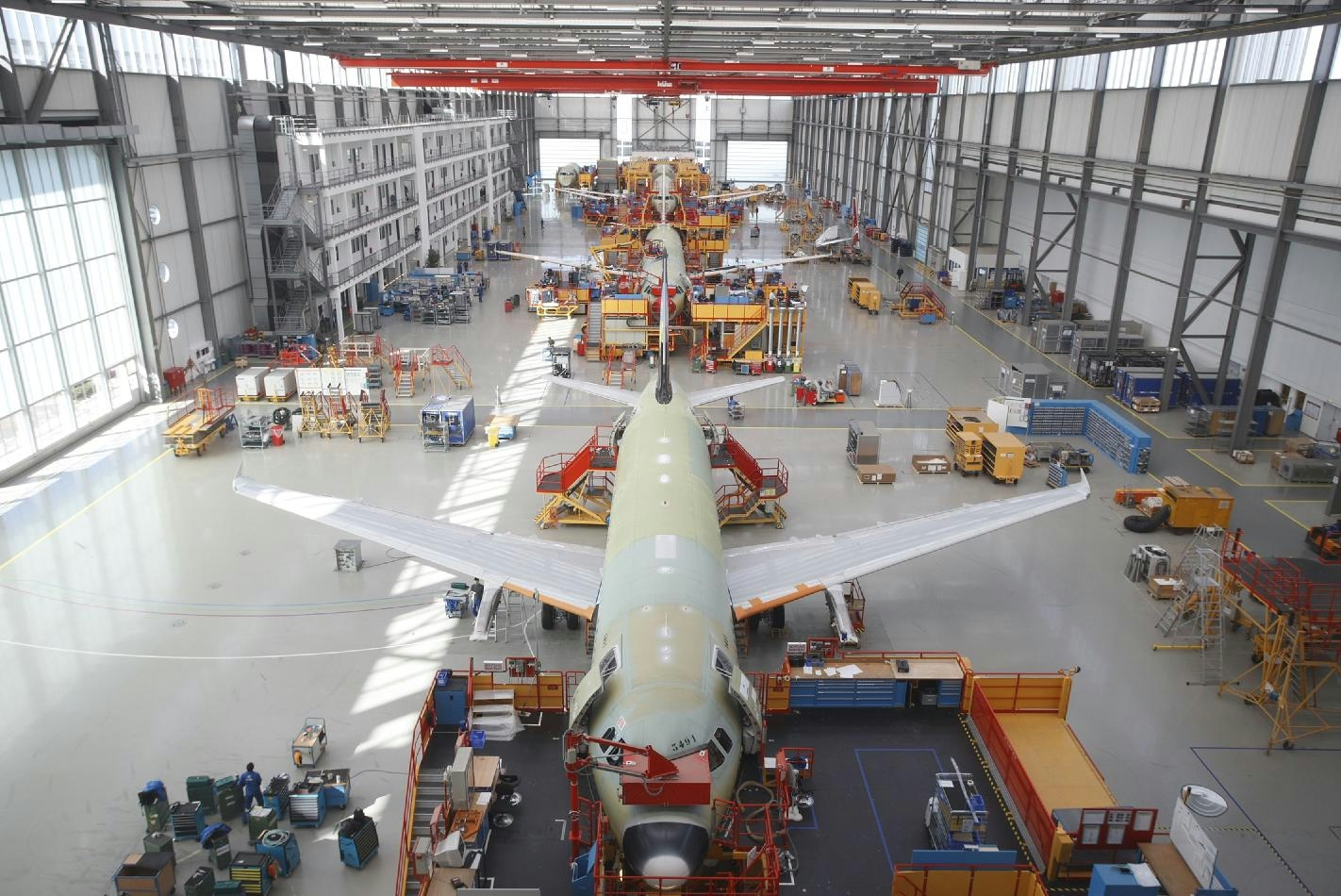
Airbus Faces Challenge to Deliver 300 More Aircraft by Year-End
Airbus delivered 73 aircraft in September as it strives to meet its ambitious full-year target of 820 planes amid persistent supply chain difficulties. Having handed over 507 aircraft in the first nine months of the year, the European planemaker now faces the task of delivering an additional 300 planes before the end of December to achieve its goal.
Supply Chain Constraints and Production Bottlenecks
The company continues to grapple with engine shortages that have forced it to park completed aircraft—referred to as "gliders"—until engines become available. While the number of these undelivered gliders was approximately 60 at midyear, an Airbus spokesperson confirmed that this figure has since declined, though no specific details were provided. Chief Executive Guillaume Faury has expressed confidence that deliveries will accelerate in the final months of the year as engine suppliers Pratt & Whitney and CFM International increase production and improve delivery schedules.
Market Position and Production Outlook
Single-aisle jets remain central to Airbus’s commercial strategy, mirroring the focus of its main competitor, Boeing. The A320 family, in particular, has become the world’s most-delivered aircraft, surpassing Boeing’s 737 and reinforcing Airbus’s dominant market position. To address a backlog exceeding 7,200 orders, Airbus plans to ramp up production of its bestselling A320neo family to 75 jets per month by 2027. At this rate, fulfilling current commitments would require roughly eight years.
Airbus is also closely monitoring the emergence of China’s Comac, whose C919 jet is gaining traction in the commercial aviation sector. Despite this growing competition, Airbus continues to benefit from strong demand, including substantial orders from China, one of the fastest-growing travel markets globally.
Despite ongoing supply chain and engine challenges, Airbus remains committed to meeting its 2025 delivery targets and sustaining its leadership role in the global aviation industry.
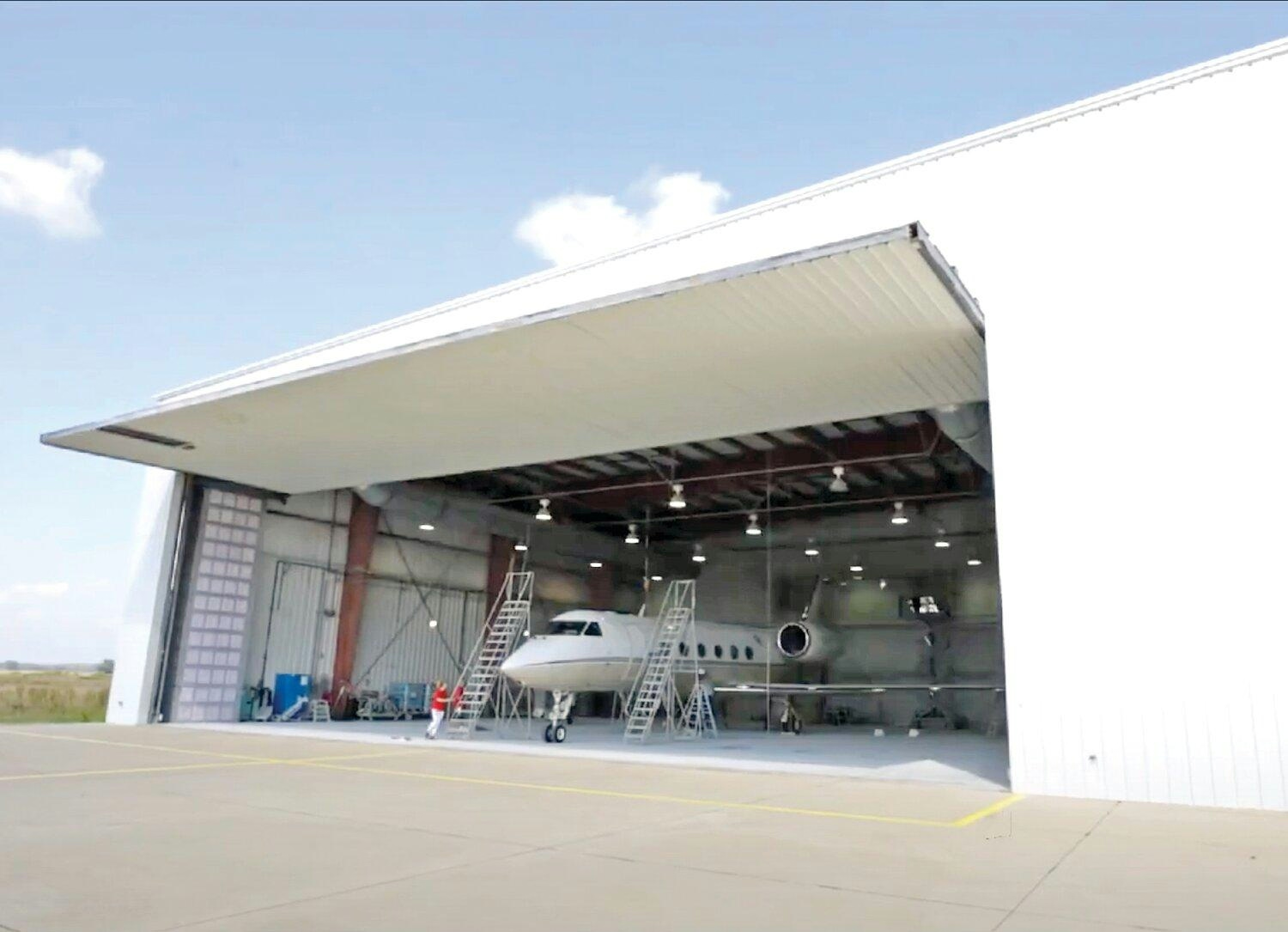
West Star Aviation Announces Expansion in Chattanooga

Aviation Design Software Market Projected to Reach $2.8 Billion
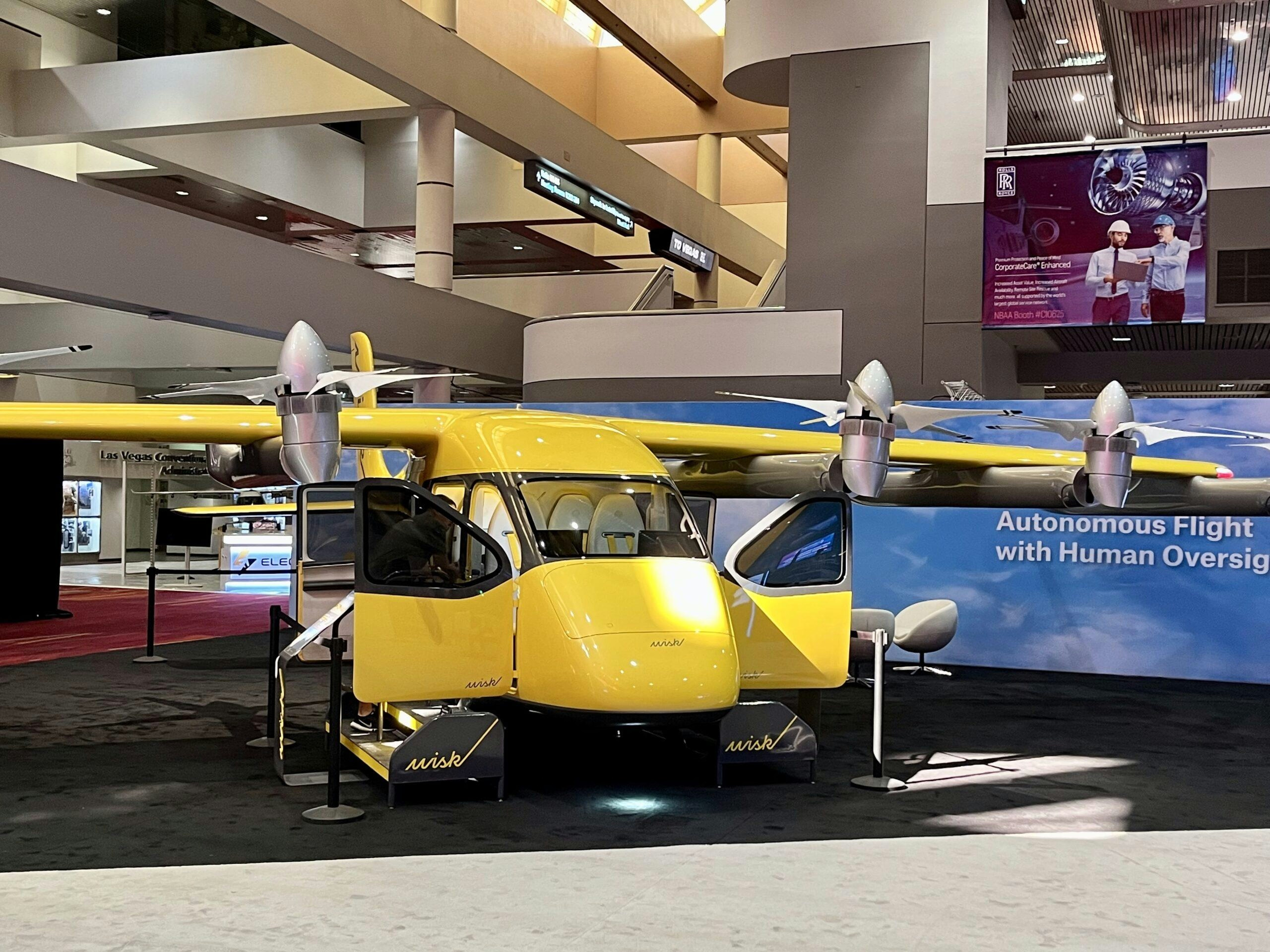
The Future of Aviation in Africa Amid Digital Transformation
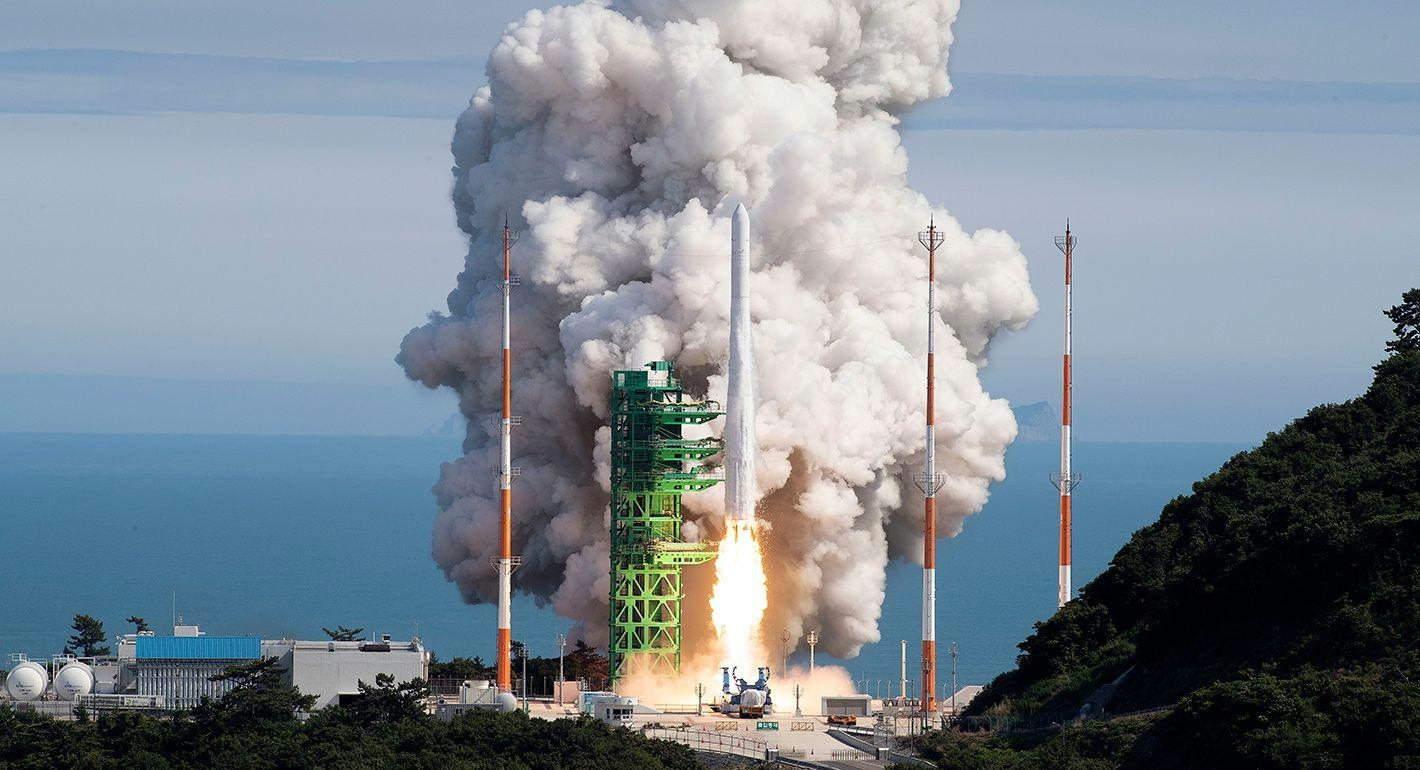
Gyeongnam Province Unveils Mid- to Long-Term Aerospace Industry Roadmap
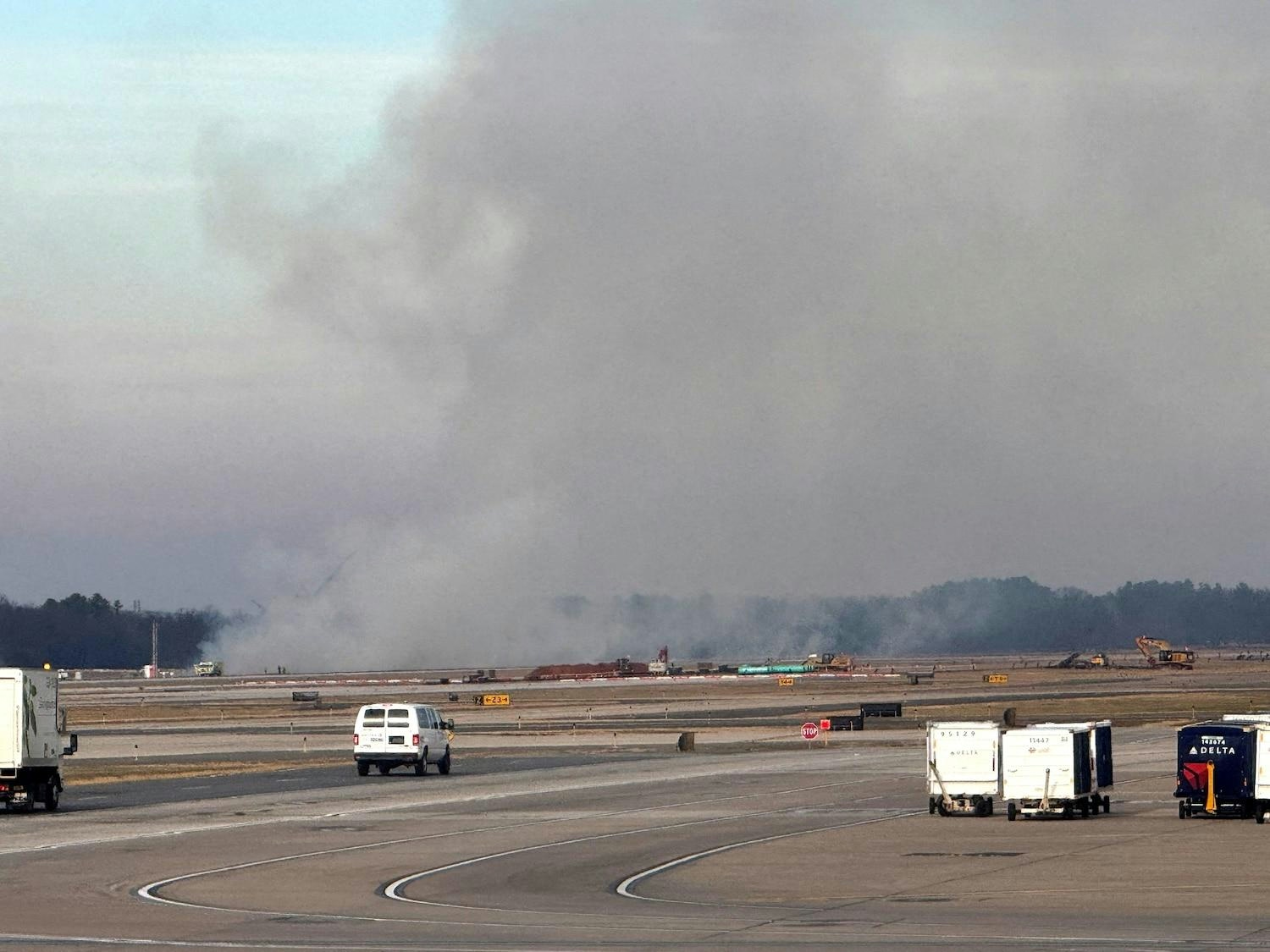
Delta Flight to Atlanta Suffers Engine Trouble, Sparks Grass Fire at Airport
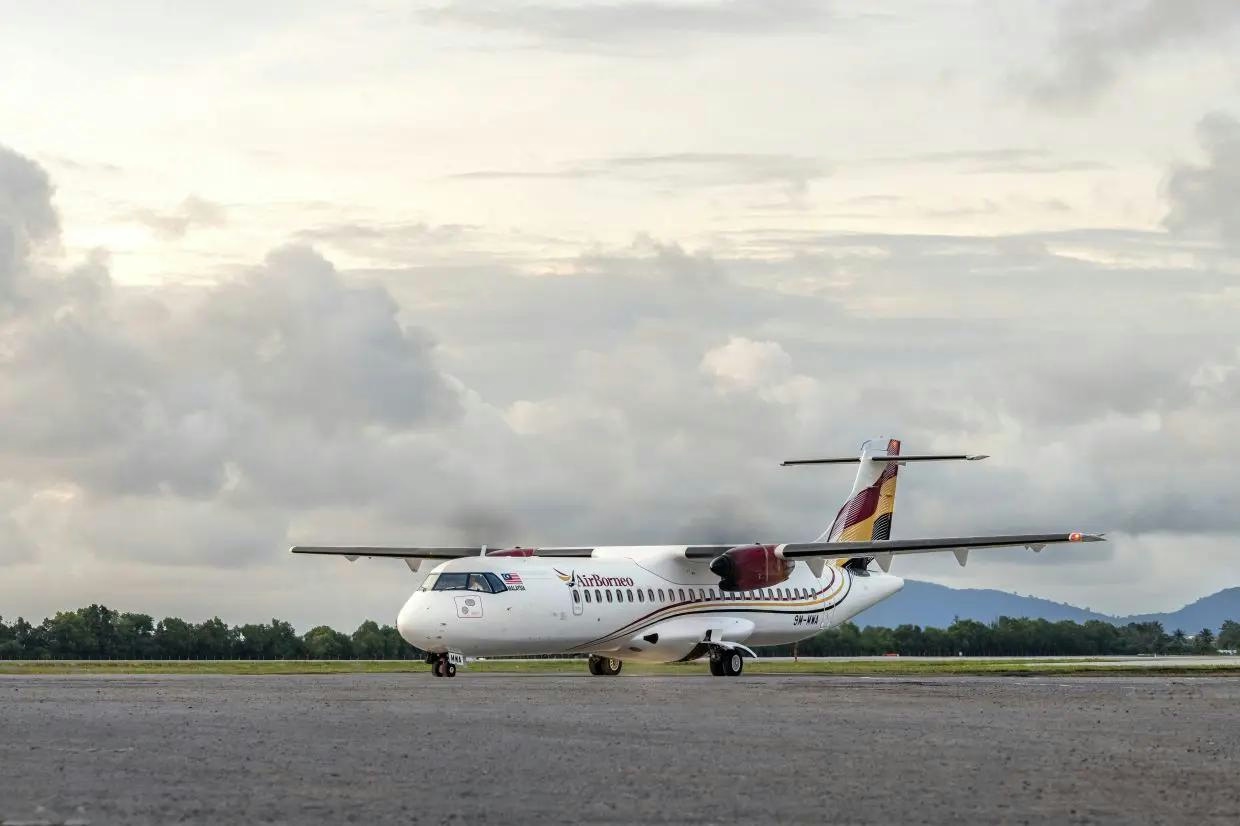
Sarawak's AirBorneo partners with IBM for AI-powered operations

PH Aerospace and MRO Exports Reach $603 Million, Says DTI
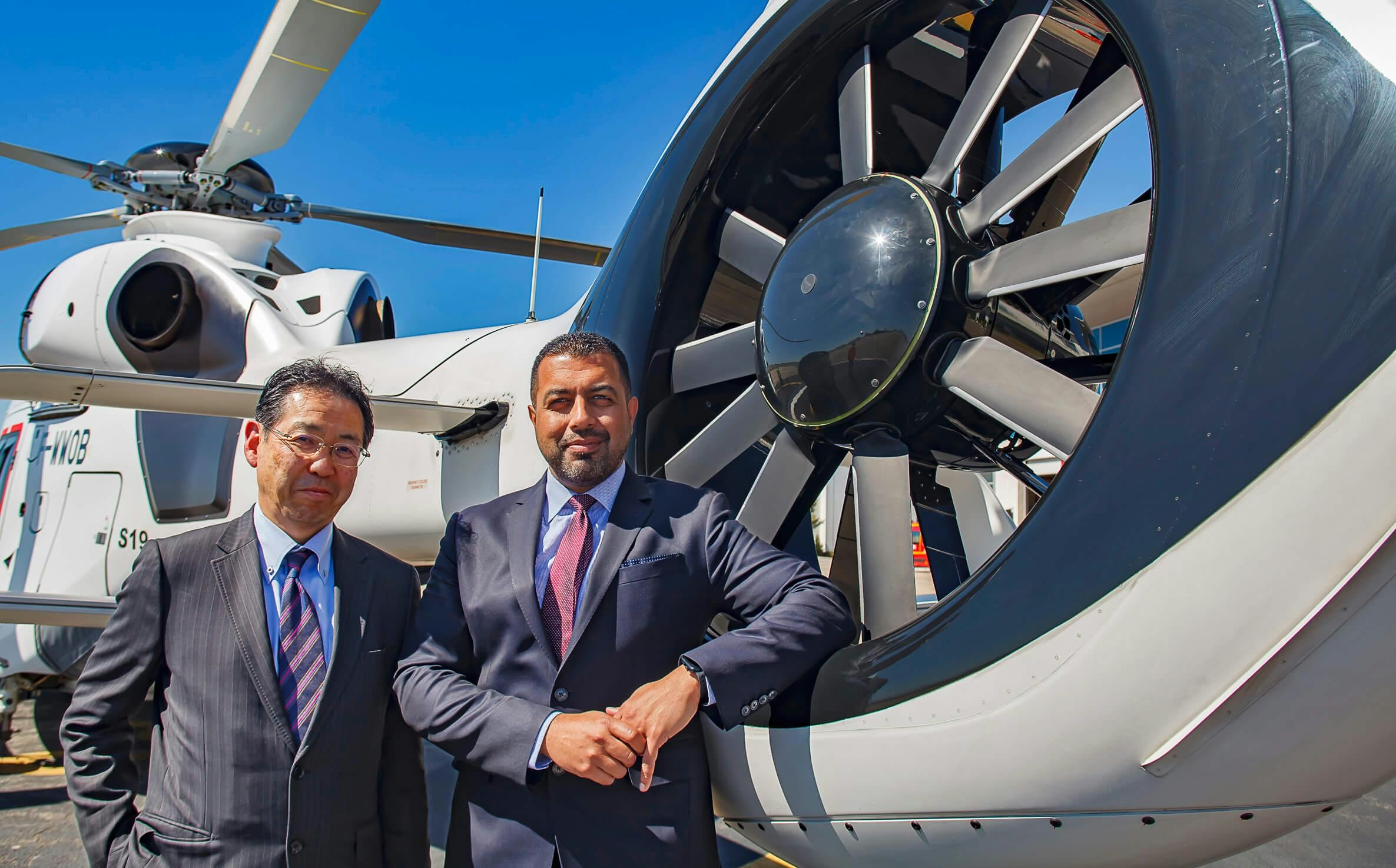
Dubai Aviation Nears Acquisition of Macquarie Aircraft Leasing Unit
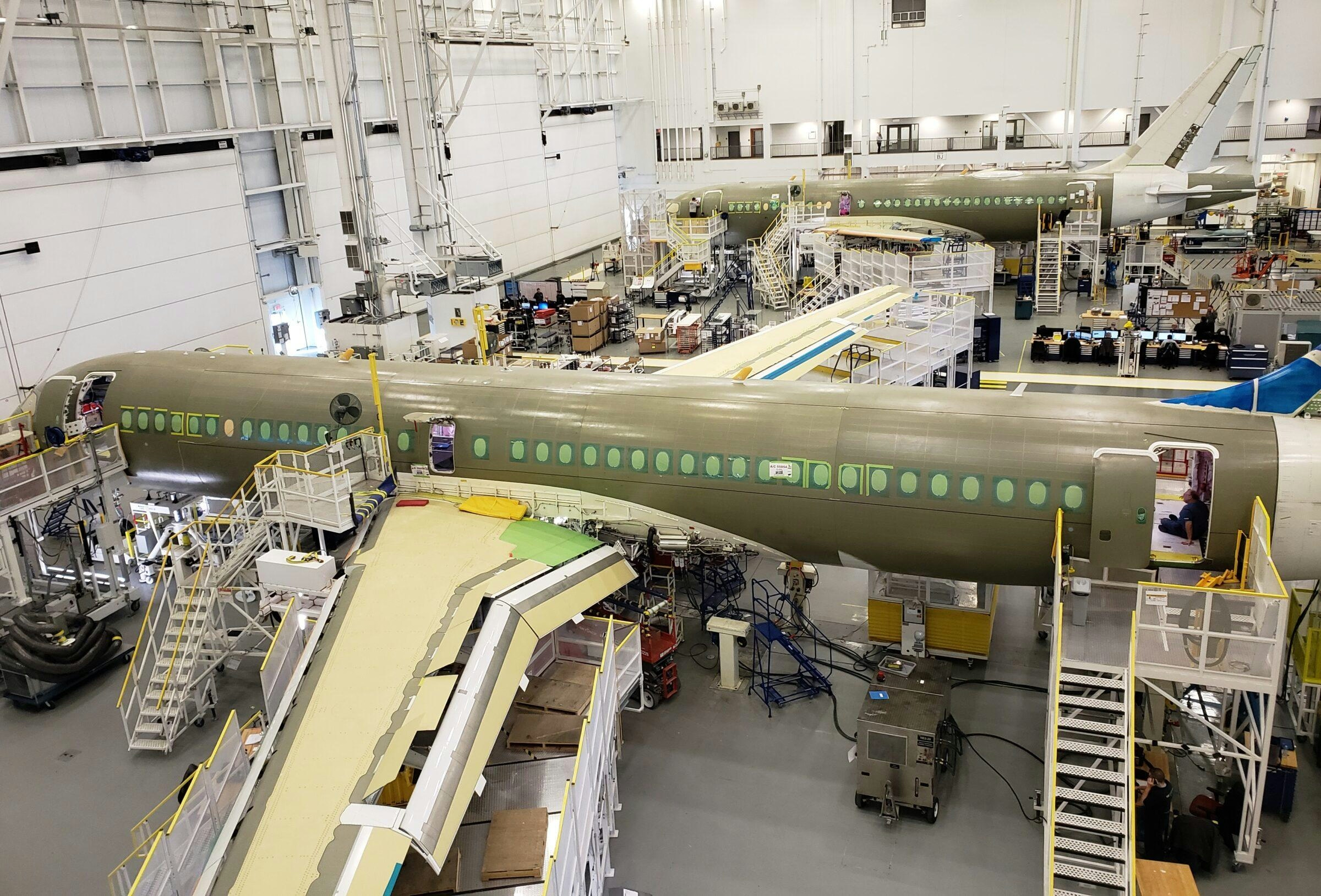
Airbus: Latest Developments and the Future of Aviation
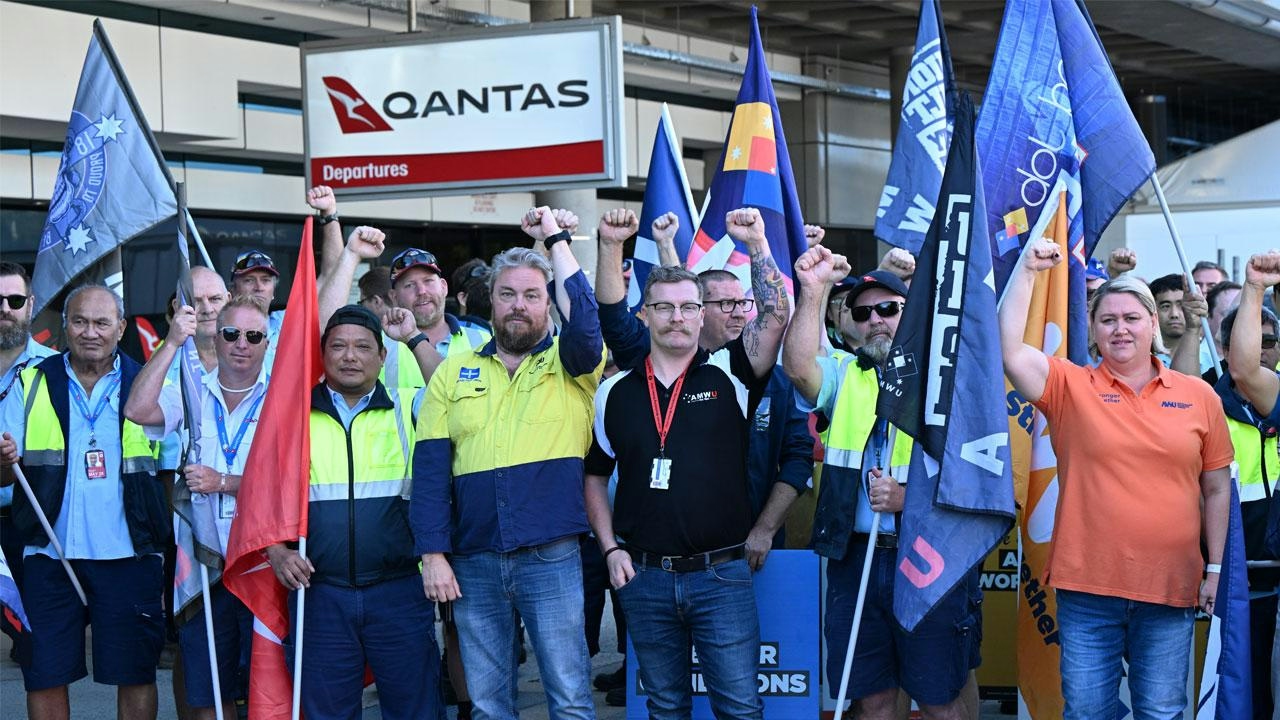
Qantas and Union Clash Over Job Security Amid AI Advances
